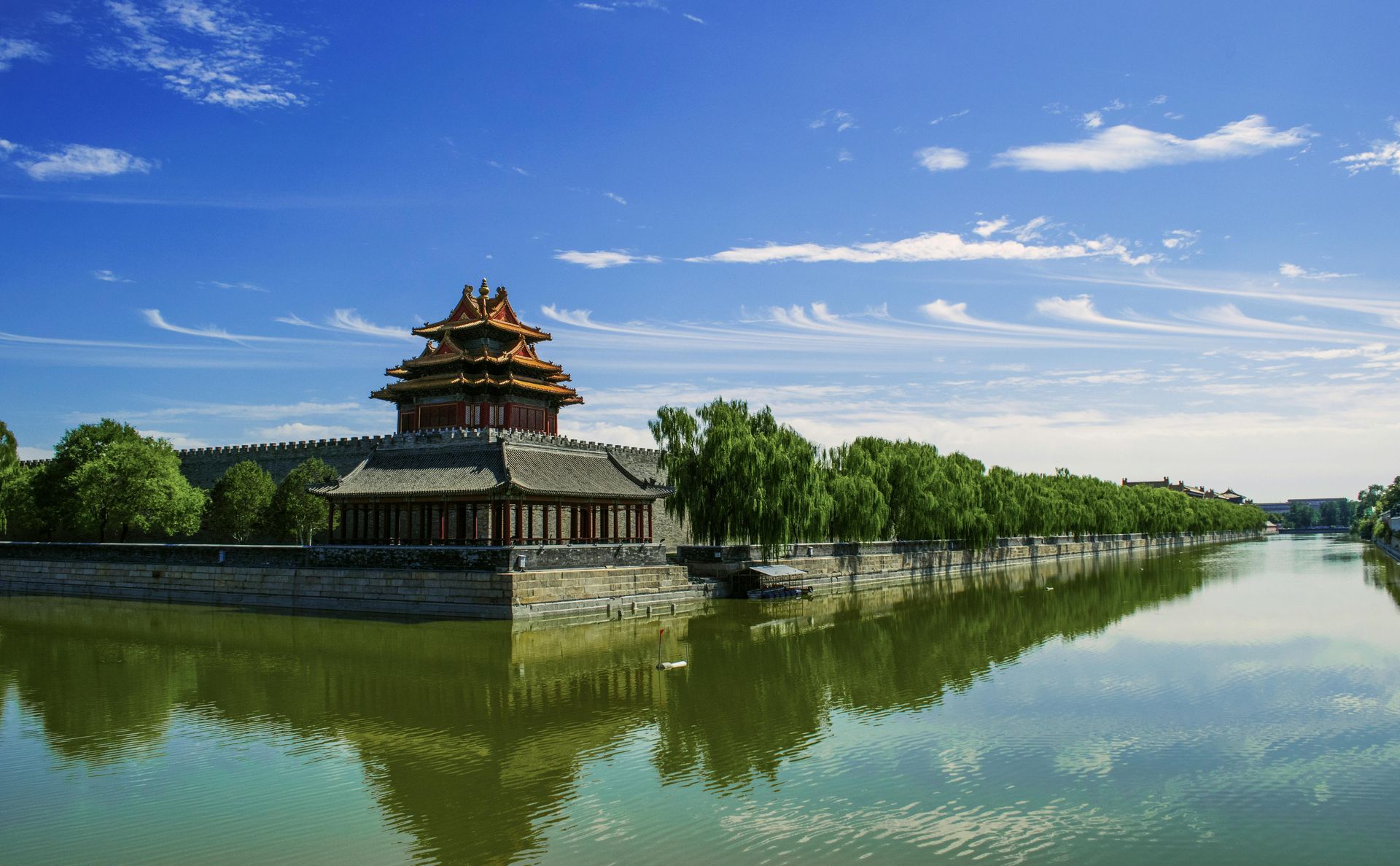Dominion Part 5: The Christian Sexual Revolution
Christianity changed the way we view sexual ethics
The medieval church in the thirteenth century had reached the greatest cultural power Christendom would ever know. The cause of reformatio would never be more intense. Neither would the Roman Catholic hierarchy ever have more ability to impose its will on the subjects of its kingdom.
Holland entitles Chapter 10: Persecution, A.D. 1229, Marburg
Holland begins the chapter with a vignette on St. Elizabeth, a woman of astonishing dedication who died at the age of twenty-four. A royal princess, she gave away all her wealth and devoted her short life to unstinting service of the poor. This is done repeatedly by Christians all through history. That level of dedication separates Christianity from all the other religious impulses of the modern world. Holland presents St. Francis of Assisi, founder of the greatest of the mendicants or begging orders, whose reputation and the order he established are with us to this day. Both are examples of the best medieval Roman Catholicism had to offer.
The cause of reformatio, however, had produced a powerful elite and this elite had bred demands for revolution. St. Francis and Elizabeth lived at the time of the Fourth Lateran Council, 1215, which declared there was no salvation outside the Roman church. This, of course, meant snuffing out heresies and Holland devotes the bulk of this chapter to their persecution. The Council provided that the offer of salvation was universal—anyone could be saved, but only through the church. It also established the office of the Inquisitor. The “yearning to cleanse the world of sin” had turned murderous.
The pope sanctioned a crusade against the Albigensians, home to the “Cathari,” or people in southern France who considered themselves the “pure ones.” For the first time the church turned its hostility to fellow Christians. The slaughter was dreadful, lasting for twenty years. This is when one first heard the old maxim, “Kill ‘em all and let God sort ‘em out.” The killing was finally ended but not without permanent blemish on the Church’s reputation.
Not all was mayhem and destruction in this era. When Christian warriors captured the Spanish city of Toledo in 1095 they discovered a treasure trove of Greek scrolls, not least of which were the works of Aristotle. Christian and Jew went to the work of translation and most of Aristotle’s writings became available in Latin. The impact was immense. Roman Catholic scholars began the task of squaring the Greek’s teaching with Christian theology. The greatest of the reconcilers was Thomas Aquinas, one of the greatest intellectuals and philosophers the world has ever known. The result of Aquinas’ work, Holland says, “Was to enshrine as a bedrock of Catholic theology the conviction that faith may indeed co-exist with reason.”
Chapter 11: Flesh, A.D. 1300, Milan
Christianity continues in this chapter as a revolutionary cultural force and nowhere more than in the arena of sexual ethics. The medieval church struggled with its evaluation of women. On the one hand they were temptresses who brought sin into the world. On the other hand, they were created in the image of God and the Bible is full of references to their humanity and worth before God. For example, no human being had ever been raised higher than the blessed virgin.
The reformatio brought about a revolution in the social dimensions of sexuality that was unlike anything ever seen in history. The sexual order before the coming of Christianity had assumed that “any man in a position of power had the right to exploit his inferiors.” Then the Bible had recast this whole view. “Never before had any attempt to recalibrate sexual morality been attempted on such a scale. Never before had one enjoyed such total success.” The church taught that a man could control his sexual impulses because he had been given the power of free will (yet another revolutionary idea). A wife had always been expected to be faithful to her husband. Now Christians were arguing that God expected the same from men—that a husband must be faithful to his wife. The Romans and Greeks would have argued that such a command would require a “heroic degree of self-denial.” Christianity becomes the only cultural force in the history of the world to restrain male sexual behavior.
Along with the requirements of sexual restraint on the part of husband and wife was another revolutionary concept. The individual, not the patriarch, determined whether or not to enter into marriage. “Opening up before the Christian people was the path to a radical new conception of marriage: one founded on mutual attraction, on love.”
Holland devotes the last section of this chapter to the medieval attitude toward sexual deviancy. Prostitution was decried, but it was also clear in the New Testament that they were to be treated with compassion and could attain forgiveness no matter how far they had fallen. And then there was homosexuality. This the church continued to condemn. For the Romans deviancy had been a “man allowing himself to be used as though he were a woman.” But Christian teaching went far beyond this, condemning all sex between men. Then it took an even more radical step—it condemned sex between women.
The teaching of the church in this era was a watershed in how one viewed sexuality.
So Christianity continues to transform the world. We see in our next video the beginning of an even greater revolution.
More: All the Dominion videos are found here: https://www.youtube.com/playlist?list=PLkHlTST983SrRLzY-1quBpEsd46bog7jA










